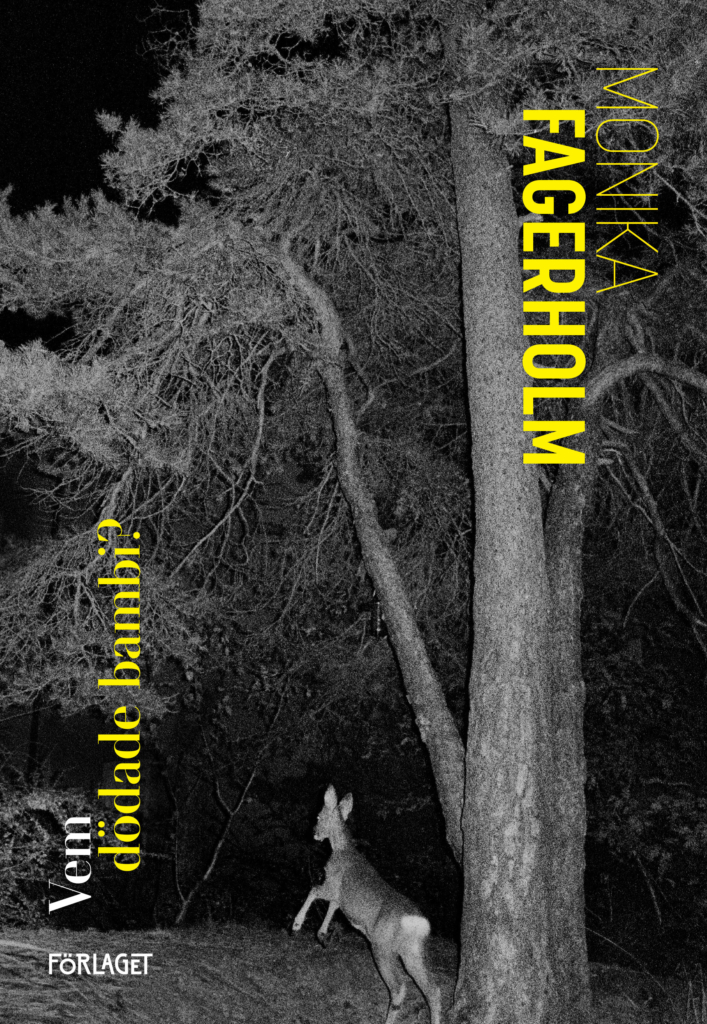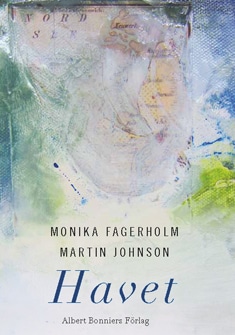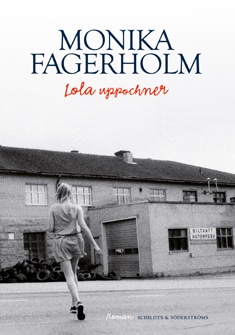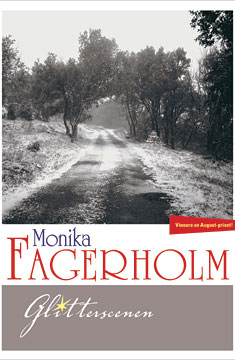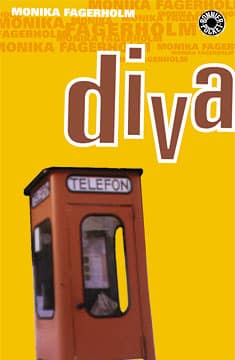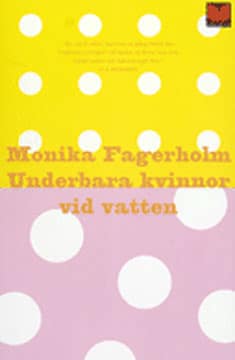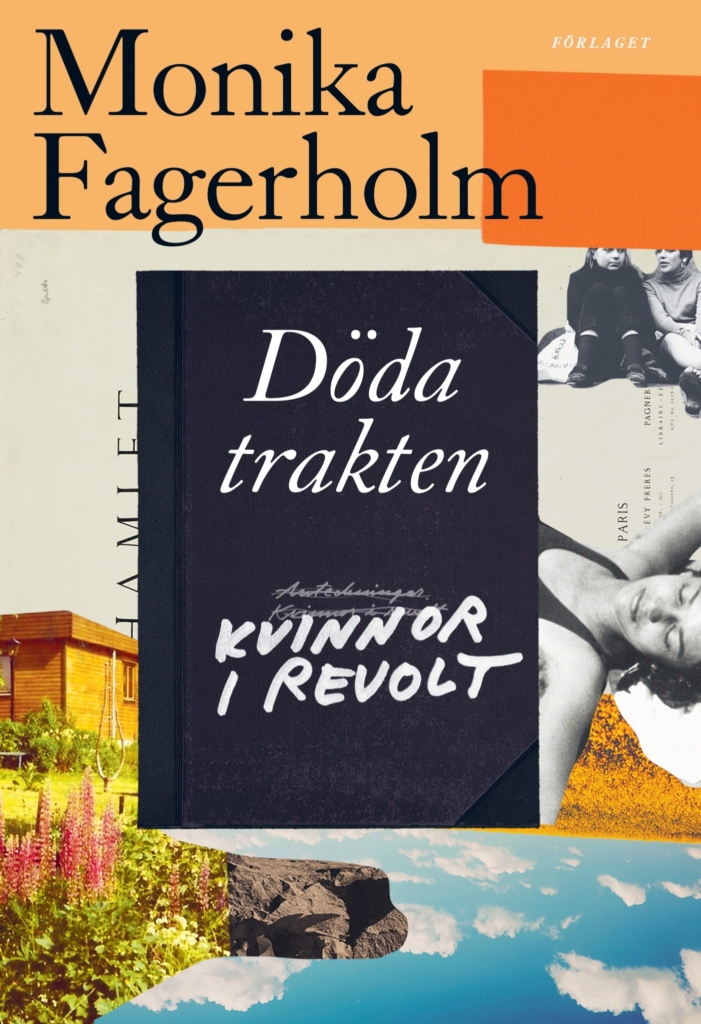
Döda trakten/Kvinnor i revolt Nowhere Land/ Women in Revolt
Alice, 18, comes from the countryside. She moves in with her father Max, a photographer, and his new family in the suburbs. The family consists of stepmother Siri, a radiant feminist building a career within the UN, and two half-brothers: Michael, a peer to Alice, and the idolized, broken “Prince” – two years younger, set to play the lead in the Free Amateur Theatre’s production of Hamlet, staged in an abandoned, occupied industrial hall nearby.
Alice takes the bus into the city and starts building herself a life. The Evening School, the Free University, the Film Archive, Veronica Seger’s apartment where legendary parties are held, the streets of the city – all of this is about to become hers. And the people: Veronica, who teaches her to write like a little animal; Pelle, who becomes her boyfriend; and Evelyn, a rejected poet and dancer in a performance group.
It is 1976/77. “The Ice Age,” says Siri, who remembers another time, full of struggle and political conviction. A time that would later be referred to as “the most peaceful postwar years.”
That’s a lie: in Germany, a war is being fought against a self-proclaimed urban guerrilla movement, sending ripples throughout the entire continent. Violence creeps in, fear eats its way through – paint the town dread paint the town dread – and the dollhouse existence crumbles in the most brutal way imaginable. Nowhere Land/Women in Revolt is the first part of a trilogy. It is about being so young that life is a horizon of possibilities and resistance, about what it takes to become an artist, and what stories one tells when nothing has yet happened.
Awards
| The Runeberg Award Finland | 2026 |
| Shortlisted for Swedish Radio’s Novel Award Sweden | 2026 |
| Shortlisted for the Runeberg Award Finland | 2025 |
| Finlandia Award (Best Fiction) Finland | 2025 |
| Finlandia Award Finland | 2025 |
| Nominated for the Adlibris Award (Best Fiction of the Year) Finland | 2025 |
| Shortlisted for The Adlibris Awards (Best Fiction of the Year) Finland | 2025 |
Reviews
-
“Reading Monika Fagerholm’s novel is like being invited on a first-class literary journey, all-inclusive, both in terms of plot and language. Fagerholm’s way of depicting a girl’s/young woman’s life, combined with her linguistic virtuosity, is exceptional.”
-
“Nowhere Land/Women in Revolt is an immersive, lyrical stream of thought—and for a young reader, potentially life-changing. /…/ Here unfolds a story that can best be described as a bildungsroman, a coming-of-age tale containing all the ingredients one expects from the genre: fraught family dynamics and crumbling façades, childhood friendships that fall apart and new ones that form. /…/ The novel’s language is, in Fagerholm’s style, a lyrical current where past, present, and some kind of now intermingle and shift back and forth. The narrator veers off on tangents, jumps back in time, and restrains herself when she gets ahead of the events. /…/ What constantly recurs, the thread that stitches the stories together in the lyrical, multi-layered whole that Nowhere Land/Women in Revolt is, is resistance. Revolt. /…/ I can imagine that this novel, in the hands of an eighteen-year-old in the midst of breaking free from childhood and stepping into adulthood, could be as life-changing as Doris Lessing was for the thirty-year-old Siri. ”
-
“ The language of the novel is lyrical and flowing. For me, the reading experience feels like being swept away by a powerful current; I have no control, yet I’m completely carried along. /…/ The freedoms Fagerholm takes with language are what make the novel feel both liberated and deeply personal. ”
-
“When Monika Fagerholm writes, a place begins to sing. /…/ She belongs among the truly influential voices in contemporary Scandinavian literature, both heavily lauded and widely read. At the same time, she is a writer’s writer. /…/ But I think that in her new novel Fagerholm captures the spirit of an era with a new kind of depth. The paranoia of the 1970s, in America and Europe, when people on the left were suspected, silenced, and banned from their professions, is illuminated with a despair I have not encountered in her earlier books. /…/ Alice’s process of writing herself into an intellectual and creative woman’s life is the most intimate character portrait I have read by Fagerholm. As a Fagerholm reader, one recognizes oneself in Nowhere Land / Women in Revolt. But the playfulness is graver, the musicality more subdued, and the wonderful women at times furious. The pulsing hunger for life has been given a new kind of darkness. ”
-
“There are novels written by many different authors, and then there are novels written by Monika Fagerholm. No one else I know can create an entire universe out of their own stylistic voice the way she does. Nowhere Land/Women In Revolt makes me dizzy with awe at what language can express. It’s the first part of a trilogy – and I take that as a wonderful promise. ”
-
“There is a profound musicality in Monika Fagerholm’s prose. It resides in her handling of rhythm and repetition, in her shifts of movement and tense, and it’s what would make even a phone book enjoyable literature in her hands. At times, as I sit with her new novel Nowhere Land / Women in Revolt, I find myself thinking it’s almost unfair, that someone who writes this well has an advantage and doesn’t really need to try. Of course, that’s not true. If anything, sustaining such a style across an entire novel demands great effort. Yet her way of portraying the world makes it all appear effortless./…/ Throughout the novel, Fagerholm lays down small clues about the impending catastrophe, but the reader is not made aware of what actually happens until the very end — and when it does, the horror strikes like a punch to the face. /…/ The characters are well developed, and finally, there’s the matter of style. When something is written this phenomenally well, nothing else really matters. ”
-
“Boring is the last word I’d use to describe the story. Tragic, yes. Heavy, yes. But it is also an intense invitation into a time that no longer exists — and the beginning of something that will, hopefully, one day be known as the artist’s novel cycle. ”
-
“Her language is playfully experimental but never needlessly difficult, surging forward in a constant poetic flow that may, at moments, seem sweet yet is in fact scattered with life’s shards of glass and grains of grit. It moves quickly, episodically, and as a reader you have two choices: move slowly and attentively, sometimes rereading to keep your bearings, or simply let go and drift with the current, forward, outward, inward. I strongly recommend the latter. ”
-
“The cast of characters is large and eclectic, the settings bright and kitschy, the line between realism and fairy tale almost completely dissolved and the world enchanted. /…/ However, if you accept this chaotic reading experience, a calm soon settles in, and a fairly comforting story about the power of literature to create and reshape the world for the better emerges”
-
“Razor sharp is her analysis of how the rich girls cast off the weight of a good upbringing and begin to care about the state of the world. /…/ What a brilliant composition! First Monika Fagerholm’s novel about Alice. Tucked inside it, Alice’s own novel, which connects to her life, and within that novel yet another excerpt, a mirror image of the ending of Alice’s text. The book is at its most alive during those shimmering summer days when Alice, happy on the island, wants to be nowhere else, and in that moment of excitement when she manages to sneak her manuscript into the publishing house. ”
-
“Those who are used to straightforward storytelling should fasten their seatbelts. Here the prose does as it pleases, writing in capitals and italics, in true Fagerholm fashion, letting the story spin this way and that, laced with references, song lyrics, and unexpected turns. Still, it must be said, there is also a clear connecting thread and a forward momentum in the narrative that make the novel a genuine page turner. /…/ If you were a child or teenager in the 1970s, the book’s reflection of the era will strike a deep chord of recognition. But I don’t think that’s necessary for understanding the novel. As a coming of age story, it is universal: how the larger world reaches into the smaller one, how everything is in motion, how chaos, in the best of cases, finally gives birth to direction. /…/ I can only conclude that Monika Fagerholm is back in top form ”
- Author
-
 Monika Fagerholm
Monika Fagerholm
- Published
- 2025
- Genre
-
- Literary
- Pages
- 384
- Reading material
-
Swedish edition
English sample
- Rights sold
-
Denmark, Grønningen 1
Finland, Teos (Finnish)
Finland, Förlaget (Swedish)
Germany, Residenz
Norway, Oktober
Serbia, Treći Trg
Sweden, Albert Bonniers
Türkiye, Dedalus
